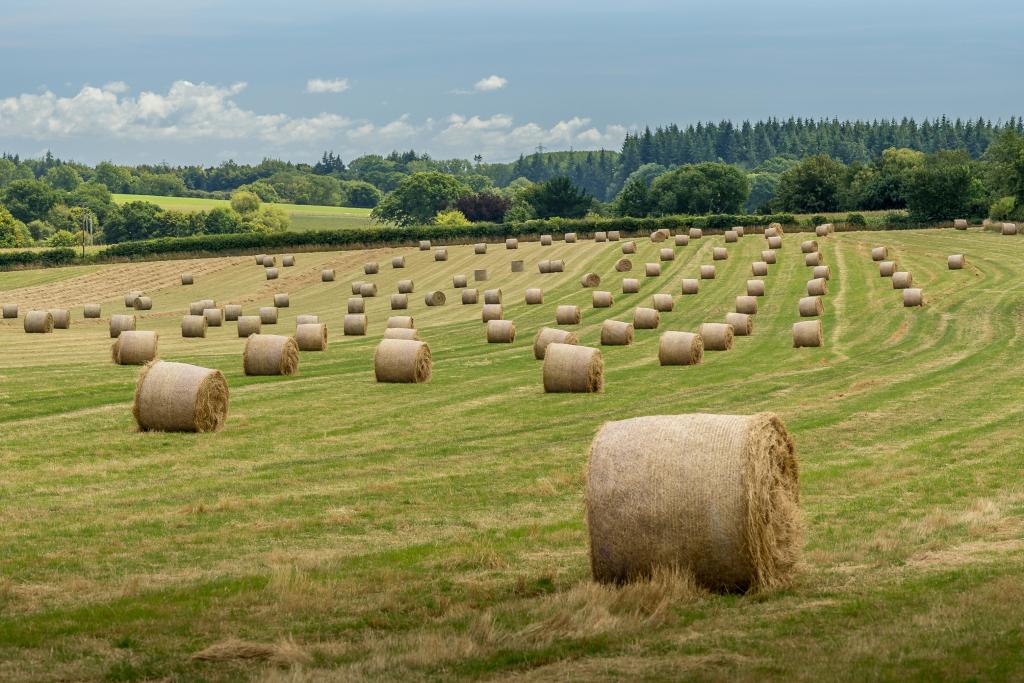A recent study from Leiden University exposes a startling reality: European Union (EU) farm subsidies may be inadvertently fueling the climate crisis. By incentivizing the production of high-emission animal products, these subsidies are not only contributing to environmental degradation but also worsening the very issue they aim to mitigate. ‘If we continue without transitioning towards a more resilient system, it will ultimately be self-defeating,’ says Paul Behrens, one of the researchers from Leiden.
More than 80 percent of the EU’s agricultural subsidies (57 billion euros in total) goes towards the production of animals or animal feed, especially the production of animal feed takes up a large proportion of the budget. This might come as a surprise to most people since the production of feed often remains somewhat ‘invisible’ to the public. ‘People see fields full of plants without considering their purpose is to feed animals,’ notes Behrens.
What’s even more concerning is that the animal-based products subsidized by the Common Agricultural Policy (CAP) lead to 84 percent of the EU’s food-related greenhouse gas emissions. This seems contradictory since the EU aims to reduce emissions by at least 55 percent by 2030, with the ultimate goal of zero emissions in 2050. Behrens finds it remarkable that ‘CAP subsidies give preference to high-emitting animal products’.
What can we do to change this?
Transitioning from an animal-rich diet to a plant-rich diet could contribute to these climate targets. Additionally, Behrens gives one example of a possible solution involving a change in land use. ‘Some small farmers are struggling’, he says. ‘They are making losses, with these CAP subsidies being their only support. Encouraging them to change how they use their land for public good such as drawing down carbon or improving biodiversity while maintaining the same level of subsidies could be a useful and a sustainable option for some.’
The current CAP system contributes significantly to environmental degradation and contradicts the EU's ambitious emission reduction goals. So, shifting towards a more sustainable agricultural system, such as promoting plant-rich diets and repurposing land for carbon sequestration and biodiversity enhancement, is crucial to mitigate the climate impact of EU farm subsidies and achieve long-term environmental resilience.
Read more about the study here.:
https://www.universiteitleiden.nl/en/news/2024/04/how-eu-farm-subsidies-favour-high-emission-animal-products

